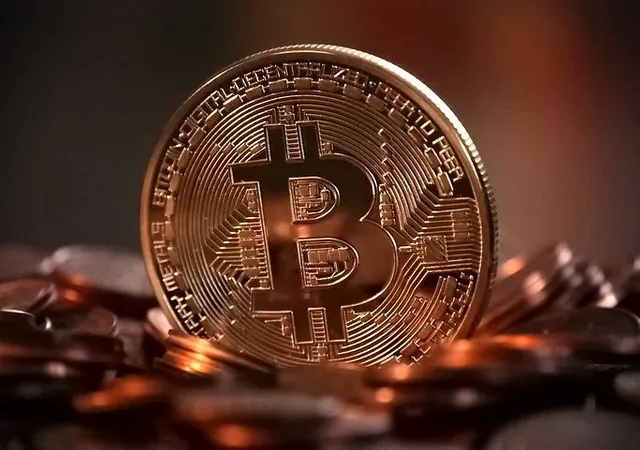Decentralization is a misunderstood concept that is defined as the approach to controlling an organization where power is transferred among many subordinates. They are in turn empowered to manage and wield authority in the system.
The blockchain network of bitcoin is a decentralized system that is powered by individual nodes that are controlled by many individuals or entities.
We're all starting to comprehend the exact meaning of this in a real sense, But what we understand is that adoption is increasing geometrically: In Deloitte survey carried out in 2019, 53% of partakers say blockchain has become important for their organizations. That's about a 10% increase in 2019.
Cons of Centralization
Chris Dixon in his article “Why Decentralization Matters” reveals the crucial problems in a centralized system and how decentralization can solve these problems;
“Centralized systems often start fully baked, but only get better at the rate at which employees at the sponsoring company improve them. Decentralized systems start half-baked but, under the right conditions, grow exponentially as they attract new contributors”. — Chris Dixon.
These are some of the downsides of Centralization:
A centralized system can be easily hacked.
It can result in disaster when a single control fails.
Personal data is stored in a single server that can be mal-handled by others.
A centralized system requires third-party integrations which leads to a bigger budget.
The Gross Effect
A vast number of persons are grossly affected by the centralized system in day-to-day activities where there are threats to personal safety and data. The finance industries are affected by this and they are being used because of their dependency.
Comparison Between Centralization and Decentralization
The improvement of a centralized system depends on employees at the sponsoring company, and it starts fully baked. While decentralization improves exponentially as new customers are attracted under the right conditions.
Why Decentralization?
Decentralized networks aren't magic that will bring a solution to the problems on the internet. But they are a better option than centralized networks. They offer a better approach to fixing the problems. Centralized networks have been in the market for long and folks have forgotten there is a better option to safeguard the internet.
The freedom in Decentralization
It solves trust issues: Many people are uncomfortable with putting money, sensitive data, and private property under a central authority. The freedom here empowers multiple stakeholders to manage a network, this solves trust issues. General partner of #OUTLIERS, Poseidon Ho said “Users don't have to trust a central authority, and protocols are designed to prevent bad behavior ”.
It is open source: Decentralized systems tend to be open source, which implies anyone can sell products, build apps, and offer services on them. This expands chances for growth. Unlike a centralized system where the developers are told what to do by the central organization.
Conclusion

In conclusion, decentralization matters for freedom, it resists censorship, which gives room for meritocracy and constructive feedback. Many are so excited about the future of this network because of the freedom offered.